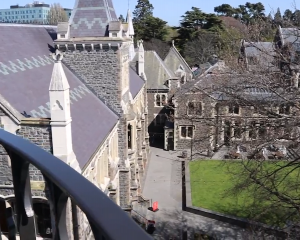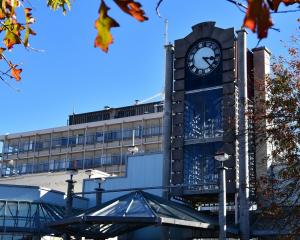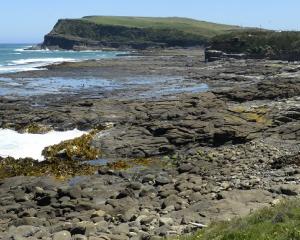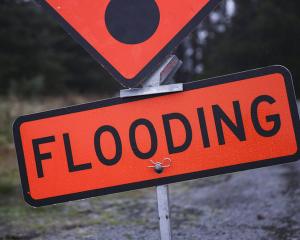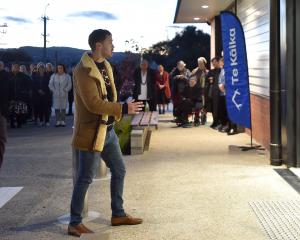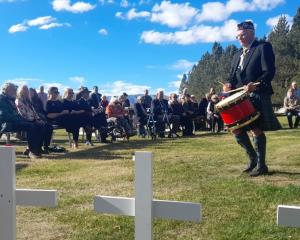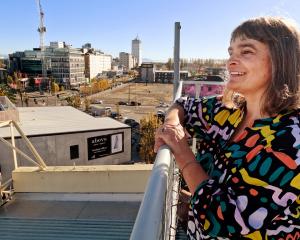About 20 people attended the Slow the Flow field day hosted by the Gore Catchment Group at Murray and Cody Wards’ runoff block at lower Te Tipua on Wednesday.
Land & Water Science earth scientist Clint Rissmann said slowing water down had several benefits.
"It has less power to pick stuff up and export, less power to cut into the soil and ultimately in the long term if everyone does their bit it will slow down and perhaps reduce the amount of flooding."
There were many farmers already doing simple things to help slow down runoff, he said.
"You don’t need to build the Clyde Dam."
One way was to install check dams.
"Check dams are mini dams made of rocks, hay bales, compacted soil, logs or whatever materials you have on hand that might work."
The best place to place the dams were in swales, which are grass covered gullies into which rainwater runs off hills.
"There’s a pathway runoff water will take before it gets to an open drain or stream.
"By the time it gets to an open drain or a creek it’s too late."
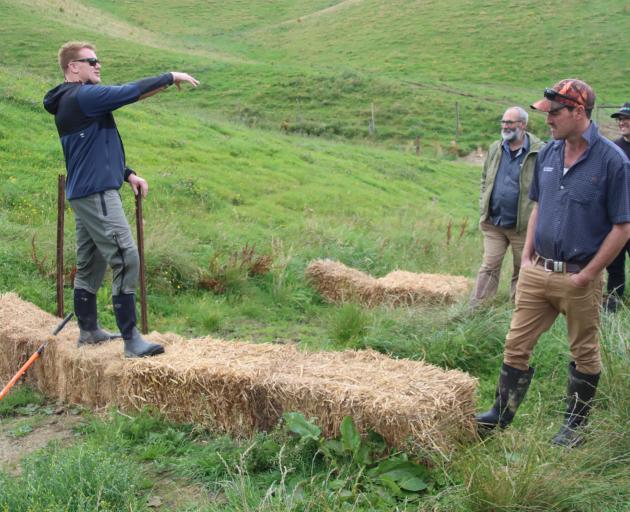
Research shows there are significant reductions in the amount of sediment, nutrients and bacteria carried in water once the flow is slowed down.
Cody said the project to slow the flow of the water that came down the gullies on the mostly hill property was started about three years ago.
Starting at the top of the gully, rainwater is channelled through planted areas, culverts and open bunds that trap the water, through grass and then into a wetland area containing ponds.
"Our soil is staying where we want it and not in the neighbours’ paddocks or in their creeks," Mr Wards said.
Before the different elements were set up, there had been problems with infrastructure, including lanes, being washed away.
However, in a heavy downpour last year he had noticed a difference.
"We don’t have any issues like culverts washing out and infrastructure and fences were fine."
Neighbours lost a culvert and a fence.
The project was also a good activity for the family to take part in.
The Mataura Scouts had also helped out.


